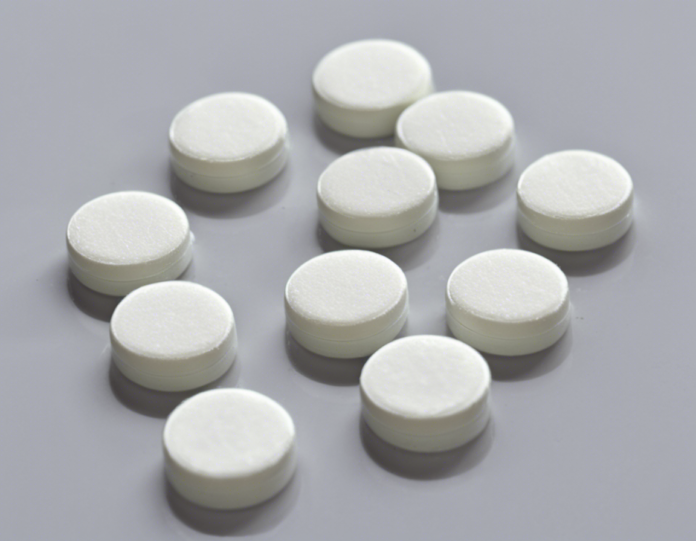Introduction to Albendazole Tablet
Albendazole is a medication primarily used for the treatment of parasitic worm infections. It belongs to a class of drugs known as anthelmintics. This medication works by killing the parasites, thereby treating the infection and providing relief to the individual. Albendazole is available in the form of tablets and is typically taken orally. In this comprehensive guide, we will delve into the uses, dosage, side effects, and other essential information regarding Albendazole tablets.
Uses of Albendazole Tablet
-
Treating Worm Infections: Albendazole is commonly prescribed for the treatment of various parasitic worm infections, including neurocysticercosis, hydatid disease, and giardiasis. These infections can affect the intestines, liver, lungs, brain, and other organs in the body.
-
Off-Label Uses: In some cases, Albendazole may be prescribed off-label for conditions not listed in the official prescribing information. These may include infections caused by other types of parasites or in combination therapy for certain diseases.
Dosage and Administration
-
Dosage: The dosage of Albendazole can vary based on the specific condition being treated. It is crucial to follow the prescribed dose and duration as instructed by your healthcare provider. Typically, Albendazole is taken as a single dose for certain infections, while for others, it may be taken for several days or weeks.
-
Administration: Albendazole tablets are usually taken orally with a full glass of water. It can be taken with or without food, depending on the recommendation of the healthcare provider. It is essential to swallow the tablet whole and not to crush, chew, or break it.
-
Missed Dose: If you miss a dose of Albendazole, take it as soon as you remember. However, if it is almost time for your next dose, skip the missed dose and continue with your regular dosing schedule. Do not take a double dose to make up for a missed one.
Side Effects of Albendazole Tablet
-
Common Side Effects: Some of the common side effects of Albendazole may include nausea, vomiting, abdominal pain, headache, dizziness, and temporary hair loss. These side effects are usually mild and subside on their own as the body adjusts to the medication.
-
Serious Side Effects: Although rare, Albendazole can cause some severe side effects such as liver problems, low white blood cell count, and allergic reactions. Seek immediate medical attention if you experience any signs of these serious side effects, including yellowing of the skin or eyes, unusual tiredness, or difficulty breathing.
Precautions and Warnings
-
Pregnancy and Breastfeeding: It is essential to inform your healthcare provider if you are pregnant, planning to become pregnant, or breastfeeding before taking Albendazole. The use of this medication in pregnant or breastfeeding women may need to be carefully considered due to potential risks to the fetus or infant.
-
Drug Interactions: Certain medications may interact with Albendazole, affecting its efficacy or increasing the risk of side effects. Inform your healthcare provider about all the medications, supplements, and herbal products you are currently taking to avoid potential drug interactions.
-
Liver Function: Since Albendazole can affect liver function, individuals with pre-existing liver conditions should use this medication with caution. Regular monitoring of liver function tests may be necessary during treatment with Albendazole.
FAQs (Frequently Asked Questions)
-
Can Albendazole be used to treat all types of worm infections?
Albendazole is effective against certain types of parasitic worm infections, but it may not be suitable for all worm infestations. Your healthcare provider will determine the most appropriate treatment based on the specific type of infection. -
How long does it take for Albendazole to work?
The time it takes for Albendazole to work can vary depending on the type and severity of the infection. In some cases, improvement may be seen within a few days, while for other conditions, it may take several weeks to notice significant changes. -
Are there any dietary restrictions while taking Albendazole?
There are no specific dietary restrictions associated with Albendazole. However, maintaining a healthy and balanced diet can support the overall recovery process. -
Can I drink alcohol while taking Albendazole?
It is best to avoid alcohol consumption while taking Albendazole, as alcohol can interact with the medication and potentially increase the risk of side effects. -
Is Albendazole safe for children?
Albendazole can be used in children for the treatment of certain worm infections. The dosage and duration of treatment will be determined by a healthcare provider based on the child’s age, weight, and the specific condition.
Conclusion
Albendazole tablet is a valuable medication for the treatment of various parasitic worm infections. By understanding its uses, dosage, side effects, and necessary precautions, individuals can use this medication effectively and safely under the guidance of a healthcare provider. If you have any concerns or questions about Albendazole or its usage, do not hesitate to consult your healthcare provider for personalized advice and recommendations.

